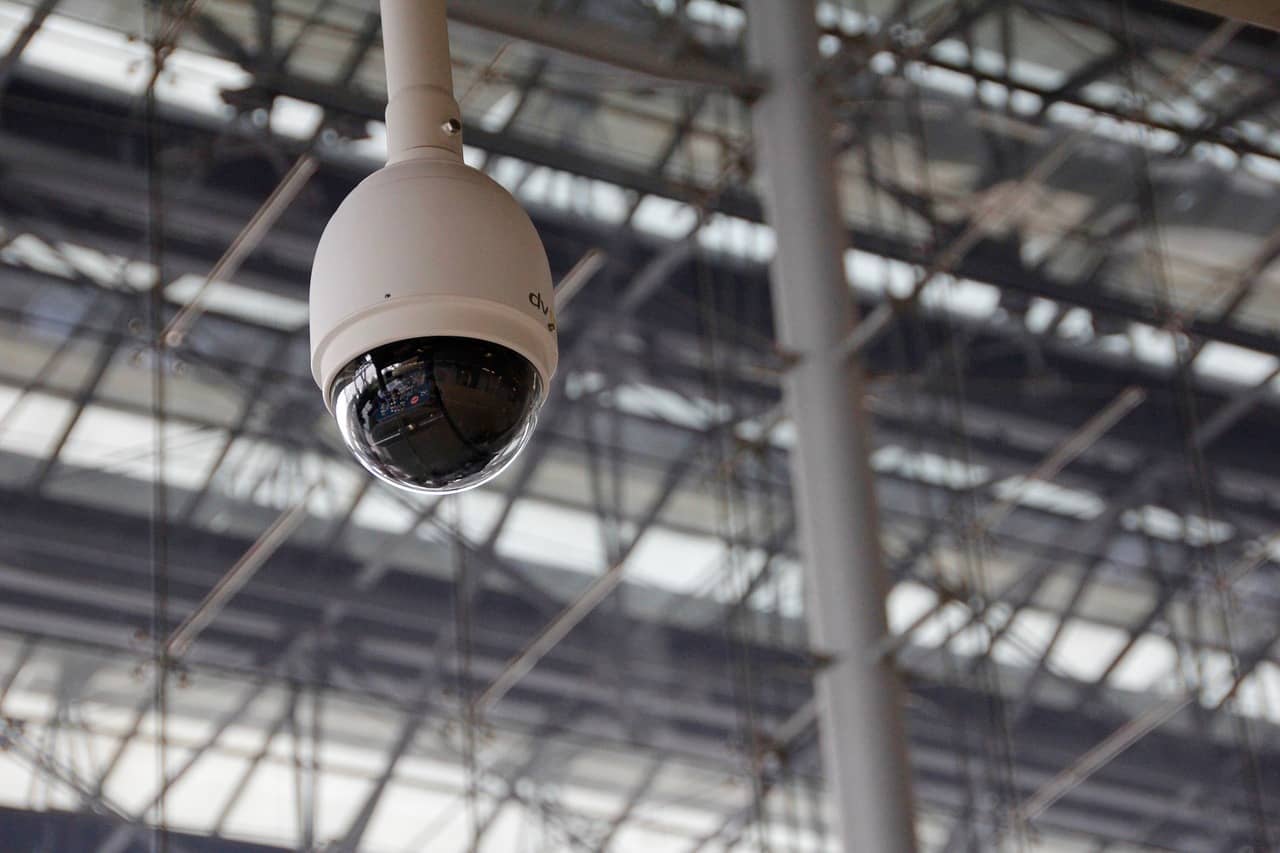Estimated reading time (in minutes)

In the workplace, employers have the power to control and monitor the activities of their staff during working hours. However, it is crucial that employers adhere to certain principles to ensure fairness in their monitoring practices.
Power of control and surveillance of the employer: –
The Court of Cassation, in a judgment of July 4, 2012 , reaffirmed the principle according to which employers cannot set up clandestine control systems. The case involved an employer who used “festive” letters in blue ink that would spread if opened, in an attempt to confuse a postwoman suspected of opening letters she was supposed to deliver. The employee was later fired for gross misconduct. However, she challenged the validity of the evidence presented by the employer because she had not been informed of the use of such a device. The Court of Cassation ruled that the use of secret methods, such as letter bombs, without the knowledge of employees, renders evidence obtained unlawful and invalid to impose penalties.
Unlawful Means of Evidence in Employee Surveillance:-
To constitute a legally valid means of proof, the employer must inform his employees beforehand of any control and monitoring systems. Mere observation of employees by their supervisors in the workplace, even without prior notification, generally does not violate legal requirements and is considered a form of legal evidence, according to established case law.
It is essential that employers ensure that their monitoring practices are transparent, fair and respectful of employees’ rights. Implementing surveillance measures without notifying employees may invalidate any evidence obtained by such methods. By maintaining a balance between surveillance and respecting employee privacy, employers can create a work environment that is harmonious and compliant with legal standards.
Grégory DAMY, a labor lawyer in Nice, stresses the importance of understanding the legal implications of employee surveillance and advises employers to seek legal advice to ensure compliance with applicable laws and regulations.
Remember that to constitute a legal means of proof, a system of control and monitoring of employees must first have been brought to their attention. However, the mere surveillance of employees by their supervisor in the workplace, even in the absence of prior information, does not constitute, according to case law, an unlawful mode of proof.
Labor law lawyer, Grégory DAMY
